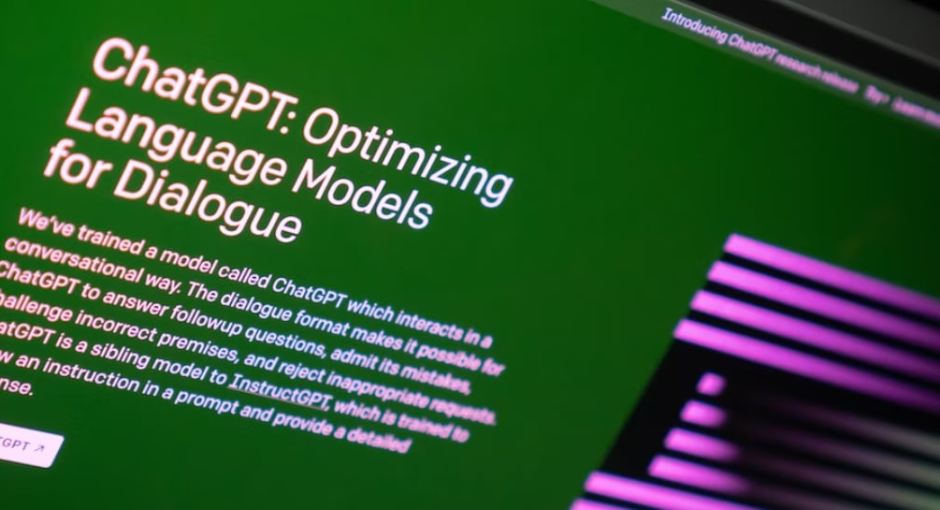“ChatGPT-5 is a powerful demonstration of how natural language generation technology has advanced in recent years.”
Artificial Intelligence continues to evolve by leaps and bounds, and one of the most exciting developments in recent months is the arrival of ChatGPT-5, the new version of one of the world’s most powerful language models.
ChatGPT-5 was developed by OpenAI, a company focused on AI research that has already developed numerous successful models, including the famous GPT-3. The new version, presented just a few weeks ago, represents a further step forward in the ability of machines to understand and produce natural language.
A model with 205 billion parameters
ChatGPT-5 has an enormous data processing capacity thanks to its architecture composed of 205 billion parameters. This means that the model is able to learn from an unprecedented amount of information, opening up new possibilities in the field of natural language analysis.
Multimodal and capable of processing images and sounds
Furthermore, ChatGPT-5 is capable of processing not only text, but also images and sounds, opening up new prospects in the field of multimodal AI. This ability allows the machine to better understand the context in which words are used and produce more precise and relevant responses.
Possible applications of ChatGPT-5
The possible applications of ChatGPT-5 are numerous. The model could be used in the field of virtual assistance, customer service, and semantic search. Additionally, it could be used in the field of automatic translation, making mutual understanding between people of different languages possible without the need for manual translation.
User privacy: an important issue
However, the evolution of AI and the use of models like ChatGPT-5 also raise important privacy issues. The processing of large amounts of data by machines could represent a threat to user privacy, especially if the collected information is used for unauthorized purposes.
To mitigate this risk, companies and developers using AI must adopt rigorous data protection and transparency policies to ensure that user information is only used for the intended purposes and adequately protected from external threats.
Some experts have highlighted that the use of these language models could lead to greater centralization of information and knowledge, with potential impacts on competition and pluralism of ideas. Furthermore, the effectiveness of such models depends on the quality of the input data, which could be influenced by cultural biases or stereotypes. To mitigate these risks, ethical and legal standards for the use of these tools must be developed.
In conclusion, Artificial Intelligence represents one of the greatest and most exciting challenges of our time, and ChatGPT-5 is an example of the potential of this technology.
ChatGPT-5: The new frontier of Artificial Intelligence
